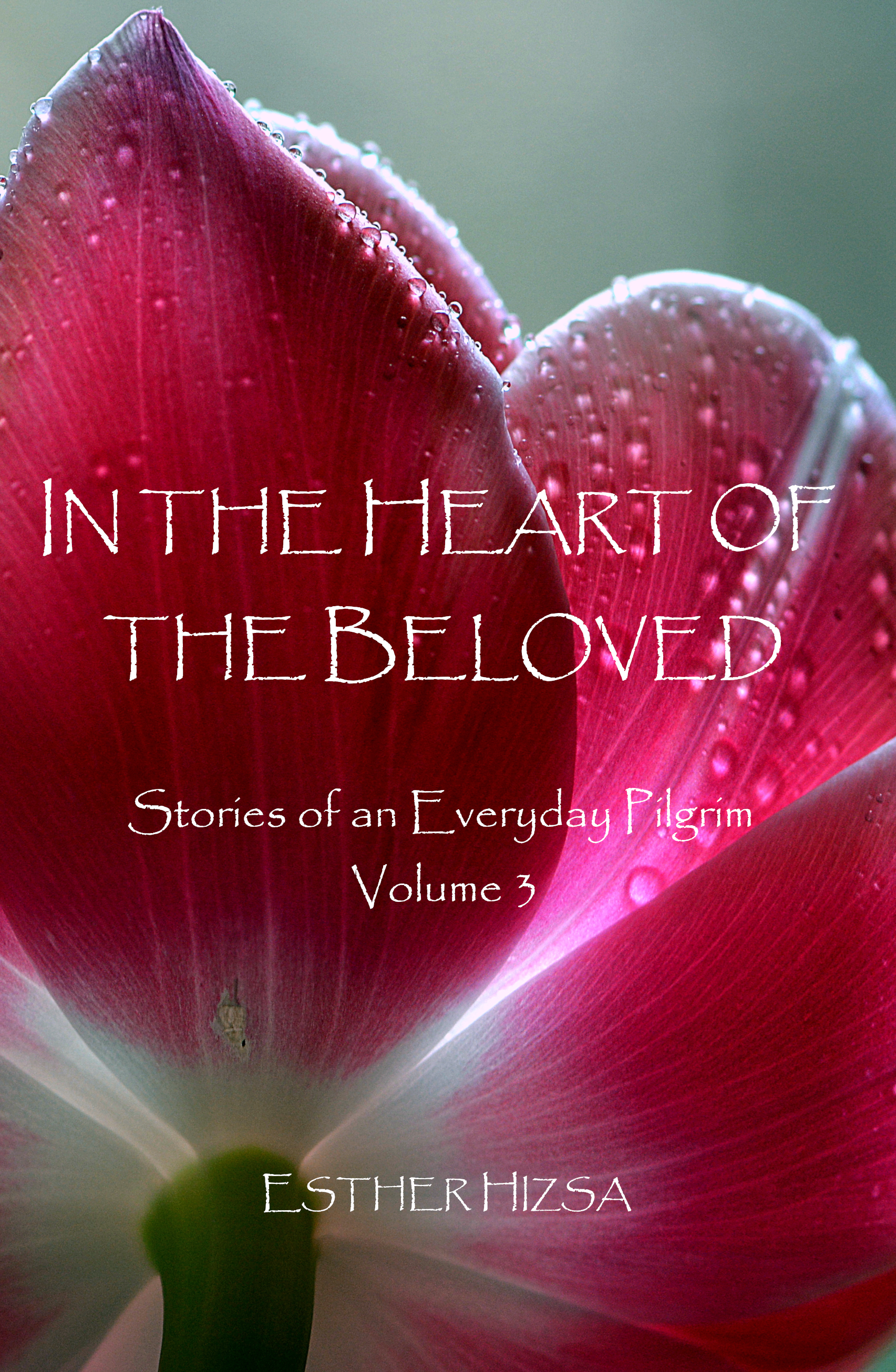Twenty-four hours before leaving on a bike trip, I had two conversations in which I learned that I’d hurt people I love very much.
For the next three days, I was going to be alone with that thought for long periods of time. This could be a very uncomfortable ride through the valley of the shadow of blame.
Steep cliffs of shame towered above me on one side and on the other was a strongly defended fortress.
I’ve been undone by shame a number of times, fearing I will be abandoned. But I noticed I wasn’t undone now. Neither person pushed me away, and, for the moment, I felt less dependent on them for my security.
In my defence, I knew that what I’d done touched into a bigger story. Although I did apologize, I didn’t need to take responsibility for all they were feeling. Yet, I didn’t want to distance myself from their hurt either.
In the narrow space between shame and disconnection, I felt sad. As I rode past blackberry bushes and mailboxes, I breathed in pain and breathed out wholeness and healing–for them and for me.
Recently I listened to the Pádraig Ó Tuama read Ilya Kaminsky’s poem We Lived Happily During the War. I thought about how I live happily while forest fires consume towns and trees. I ride comfortably while others can’t get out of bed or walk to the store. I enjoy trips with my wonderful husband, the finder of routes and fixer of flats, while others die in their apartments alone.
Pádraig said, “Toward the end of the poem there is this request: ‘forgive us.’ There is tremendous tenderness in that. I don’t hate the person speaking, even though I pity them and even though, also, that person might be me. . . The whole way throughout this poem, when someone’s saying, ‘We lived happily during the war,’ we’re hearing a voice that’s accusing itself. . . it’s begging for forgiveness for having taken a chair out to watch the sun while a country is falling all around you.”
The poem invited me to turn from shame and move toward suffering.
In a talk on trauma, Gabor Maté said that the space between overwhelm and numbness, where we are not shut down, is where we are able to learn and grow.
For a long time, I rode on feeling sad and powerless. Then I began to see the power I did have. I could do things differently in my relationship with others and the earth. As I moved past what I couldn’t change, I saw what I could change. And I was grateful for my awakening.
Awake, awake! Put on your strength!
–Isaiah 52:1 (NKJV)
∗ ∗ ∗
After my bike ride, I watched Breaking Boundaries on Netflix. May Love awaken each of us to notice when we are overwhelmed or numb in response to the global crisis and do what we can to restore the earth.
What love mischief are you and God doing for the world?
Let me know and I will include it in an upcoming post.




